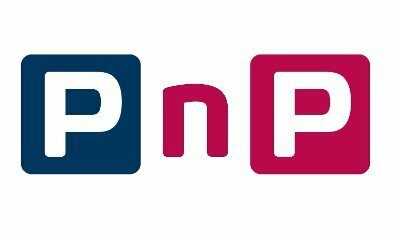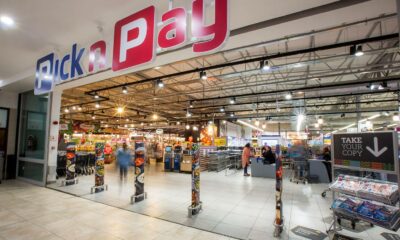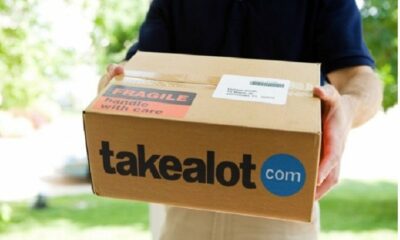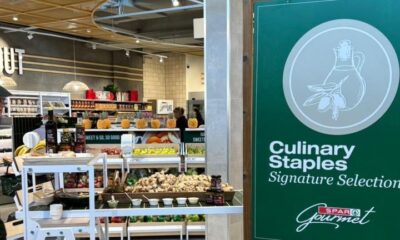Business
Takealot and Amazon Are Quietly Disrupting South Africa’s Grocery Giants
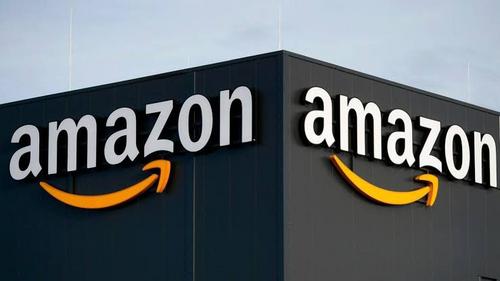
The traditional grocery giants in South Africa — Shoprite, Pick n Pay, and Woolworths — are beginning to feel pressure from an unexpected front: e-commerce players like Takealot and Amazon.co.za.
What was once considered the domain of brick-and-mortar stores — selling everyday household essentials — is now being aggressively targeted by online platforms. And South African shoppers are responding.
Toilet paper, dishwashing liquid, nappies, bleach, shampoo, and even steam irons — these aren’t just supermarket items anymore. They’re now some of the top-selling products on Amazon.co.za, the company recently revealed after completing its first year of local operations.
Takealot, South Africa’s largest online retailer, has noticed a similar trend. Black Friday, once dominated by big-ticket electronics like TVs and gaming consoles, is now seeing a surge in sales of fast-moving consumer goods (FMCGs) like energy drinks, toilet paper, and dishwashing tablets.
One standout example? Red Bull was not only among Takealot’s most purchased items by volume last year — it also cracked the top four by value.
Why This Matters
Until recently, groceries and FMCG items made up a tiny fraction — about 2% — of total online shopping in South Africa, according to NielsenIQ. In mature online markets, that figure is closer to 17%, meaning there’s major room for growth.
As South Africans continue to feel the squeeze of inflation, they’re becoming more intentional about how and where they shop. Online platforms, with their promise of value, variety, and convenience, are becoming increasingly attractive for more than just tech products.
“Consumers are looking for better deals on everyday essentials,” said Gareth Paterson of NielsenIQ. “We’re seeing growing interest in buying diapers, personal care products, and household cleaners online.”
The Digital Advantage
E-commerce players like Takealot and Amazon don’t have physical stores — and that’s a big win for their bottom line. Their lower overheads allow them to price more competitively and serve a broader geographic area, often delivering bulk goods within a couple of days.
To sweeten the deal, Takealot offers free same-day delivery through its subscription service, TakealotMore, while Amazon also continues to refine its delivery efficiency.
Meanwhile, legacy retailers like Checkers (via Sixty60) and Pick n Pay (via Asap) have responded by ramping up their on-demand offerings. With a network of stores acting as micro-warehouses, they can often deliver within an hour — but typically for smaller, local orders.
Where these services fall short, however, is in bulk deliveries. Their pricing models and logistics aren’t optimized for large basket sizes — a space where Takealot and Amazon thrive.
What Comes Next?
The battle is heating up. While traditional grocers still dominate fresh produce and same-day convenience, the online space is evolving fast — and it’s no longer just about electronics and gadgets.
For local grocery chains, the message is clear: adapt fast or risk losing a growing slice of the household budget to the digital marketplace.
{Source: My Broad Band}
Follow Joburg ETC on Facebook, Twitter , TikTok and Instagram
For more News in Johannesburg, visit joburgetc.com



